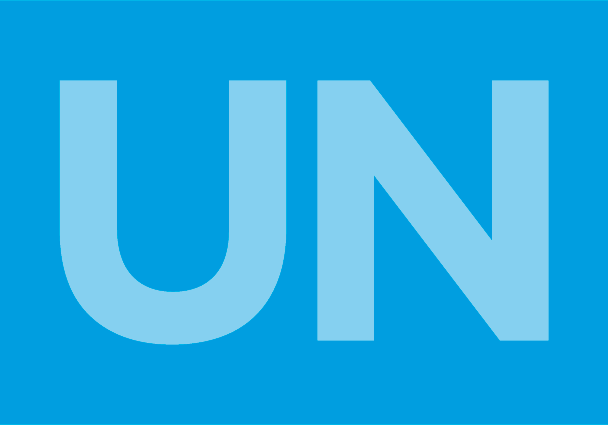
Sep 25, 2013
The ICJ today joined an open letter to Permanent Representatives to the UN Human Rights Council calling for rejection of proposed revisions to resolutions affecting the work of human rights defenders.
During the course of the Human Rights Council’s 24th regular session (9 to 27 September 2013), two draft resolutions affecting the work of human rights defenders are being negotiated by representatives to the Council: A/HRC/24/L.24 on ‘civil society space’; and A/HRC/24/L.17 on ‘cooperation with the United Nations’. Both are essential to efforts to promote and protect civil society space and to address the issue of reprisals and intimidation against those who cooperate with the UN human rights system.
Amendments to those resolutions – proposed by Cuba, Pakistan and the Russian Federation – run counter to the spirit and purpose of these important resolutions. The International Service for Human Rights, the ICJ and 18 other nongovernmental organisations therefore joined in writing to Permanent Representatives to the Council to reject the proposed amendments.
The resolutions will be considered for adoption during the last two days of the Council session.
HRC24-HumanRightsDefenders-NGOJointLetter-2013 (download letter in PDF)
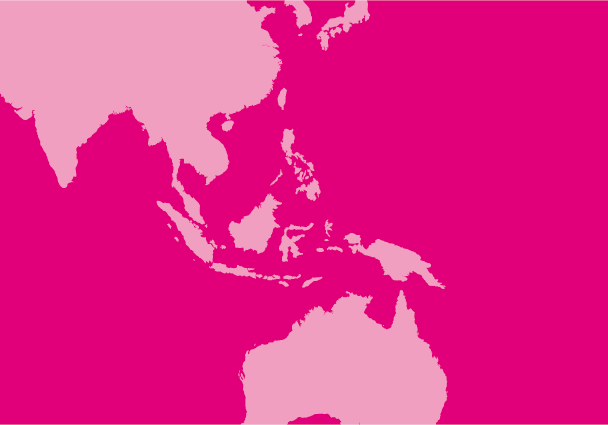
Sep 23, 2013
The ICJ today called on Nepal to take urgent steps to implement recommendations on ending impunity accepted by the country during its first cycle Universal Periodic Review (UPR) in 2011.
In a General Debate under Item 6 of the Human Rights Council’s agenda (UPR), the ICJ pointed to Nepal’s failure to take concrete action to implement recommendations accepted by the country during its 2011 UPR as now visibly destabilising the country. It called on Nepal to take urgent measures to:
- Ensure that the truth and reconciliation commission, and a separate ‘disappearances’ commission to be established, conform fully with international standards including by precluding amnesty for gross human rights violations;
- Ensure that human rights violations constituting crimes under international law are recognised as distinct criminal offences under Nepali law; and
- Immediately commit to implement relevant Supreme Court rulings within a clearly stipulated time.
Nepal’s first cycle UPR took place in 2011. The Government of Nepal adopted a UPR implementation plan in 2012. The implementation plan failed, however, to set out timeframes for implementation or establish means to measure progress.
The General Debate took place during the 24th regular session of the Human Rights Council (9 to 27 September 2013).
Nepal-HRC24-Item6-OralStatementGD-LegalSubmission-2013 (download full statement in PDF)
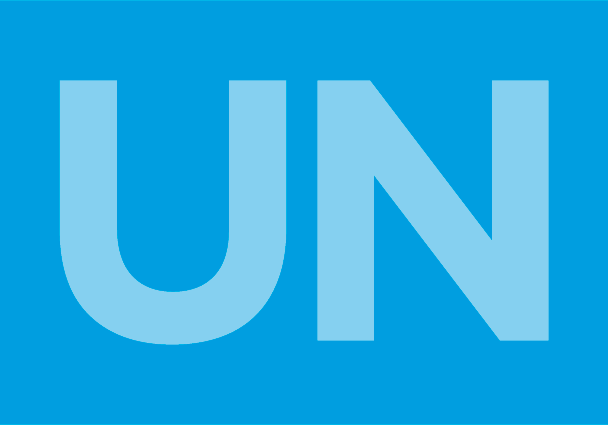
Aug 22, 2013 | Advocacy, Non-legal submissions
With other nongovernmental organizations, the ICJ calls on the Human Rights Council to select candidates for Special Procedure mandates on the basis of technical, professional and other objective requirements.
Ahead of the 24th session of the Human Rights Council (9 to 27 September 2013), several NGOs, including the ICJ, today joined in submitting written statements to the UN concerning the selection of candidates for membership in the Working Group on Arbitrary Detention and the Working Group on Enforced and Involuntary Disappearances and for the mandate-holder of the Special Rapporteur on the situation of human rights defenders. The statements identify a checklist intended as an interpretive aid for the selection of candidates based on qualifications and skills; relevant expertise; established competence; and flexibility and availability of time.
HRC24-JointWrittenStatement-SelectionCriteriaWGAD-NonLegalSubmission-2013 (download full statement concerning selection criteria for the Working Group on Arbitrary Detention)
HRC24-JointWrittenStatement-SelectionCriteriaWGEID-NonLegalSubmission-2013 (download full statement concerning selection criteria for the Working Group on Enforced and Involuntary Disappearances)
HRC24-JointWrittenStatement-SelectionCriteriaSRHRDs-NonLegalSubmission-2013 (download full statement concerning selection criteria for the Special Rapporteur on the situation of human rights defenders)
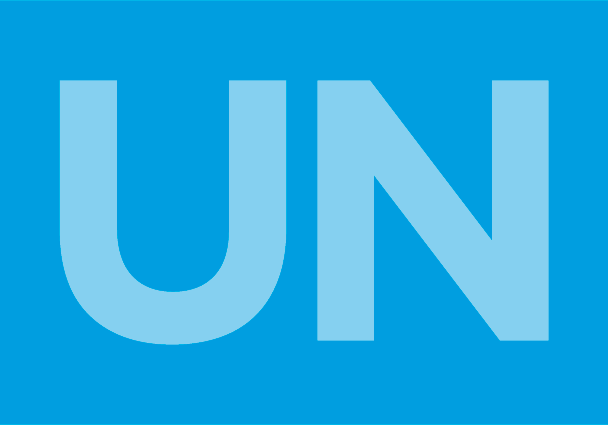
Aug 9, 2013
The ICJ submitted to the Human Rights Committee and the Committee against Torture information in preparation for the Committees’ examination of periodic reports of Ireland under the International Covenant on Civil and Political Rights (ICCPR) and the Convention against Torture and other forms of Cruel, Inhuman or Degrading Treatment or Punishment (CAT).
During its session in October 2013, the Human Rights Committee will adopt a List of Issues for the examination in 2014 of the fourth periodic report of Ireland under the ICCPR. The Committee against Torture will, in November 2013, adopt a List of Issues for the examination in 2014 of the second periodic report of Ireland under the CAT.
In separate submissions to each Committee, the ICJ raises issues and suggested questions to be put to the Government of Ireland concerning breaches of the ICCPR that may arise as a result of severe legislative restrictions in Ireland on access to safe and legal abortions.
Ireland-HRCttee109-LOISubmission-LegalSubmission-2013 (download full submission to the Human Rights Committee)
Ireland-CAT51-LOIPRSubmission-LegalSubmission-2013 (download full submission to the Committee against Torture)
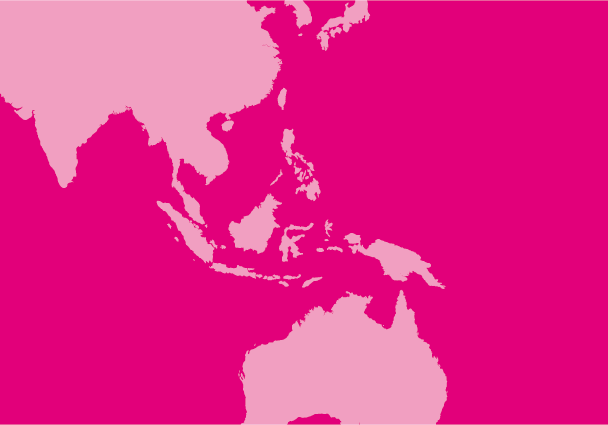
Jun 12, 2013
The ICJ has submitted an alternative report to the Human Rights Committee for the evaluation of Indonesia’s implementation of the International Covenant on Civil and Political Rights (ICCPR).
In its submission, prepared as a report alternative to Indonesia’s initial report to the Human Rights Committee, the ICJ addresses issues concerning the right to an effective remedy; the right to life; and rights of persons belonging to minorities. This follows the ICJ’s submission of information to the Committee in December 2012 in the preparation of a list of issues for the examination of Indonesia. The current report calls on the Committee to make recommendations on articles 2, 6, 7 and 27 of the ICCPR.
The initial report of Indonesia will be considered by the Human Rights Committee during its 108th session held in Geneva on 8 to 26 July 2013, following which the Committee will adopt Concluding Observations with recommendations.
Indonesia-HRCttee108-ICJ-AlternativeReport-LegalSubmission-2013 (download full alternative report by the ICJ)
ICJ submission on the list of issues for the examination of Indonesia









